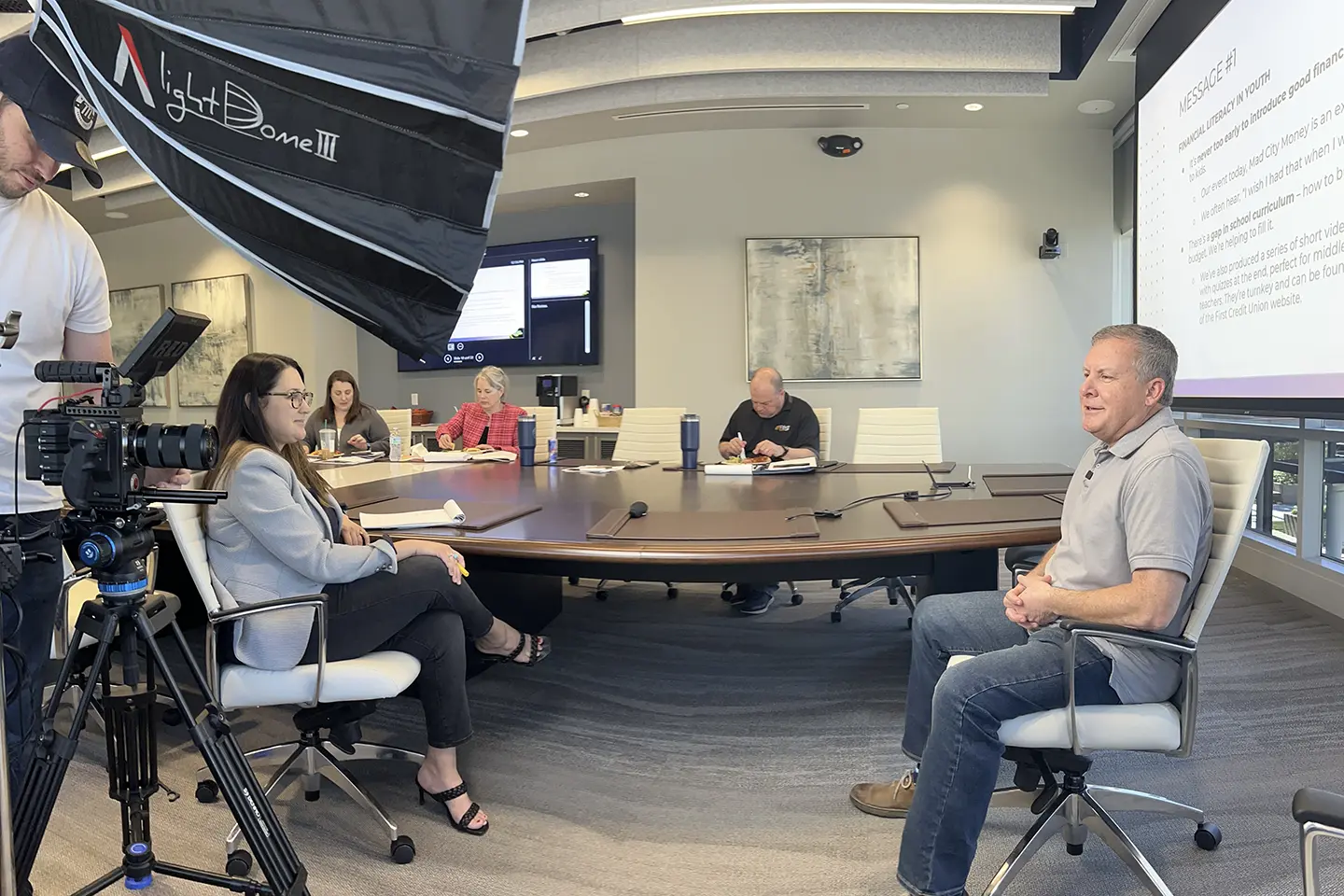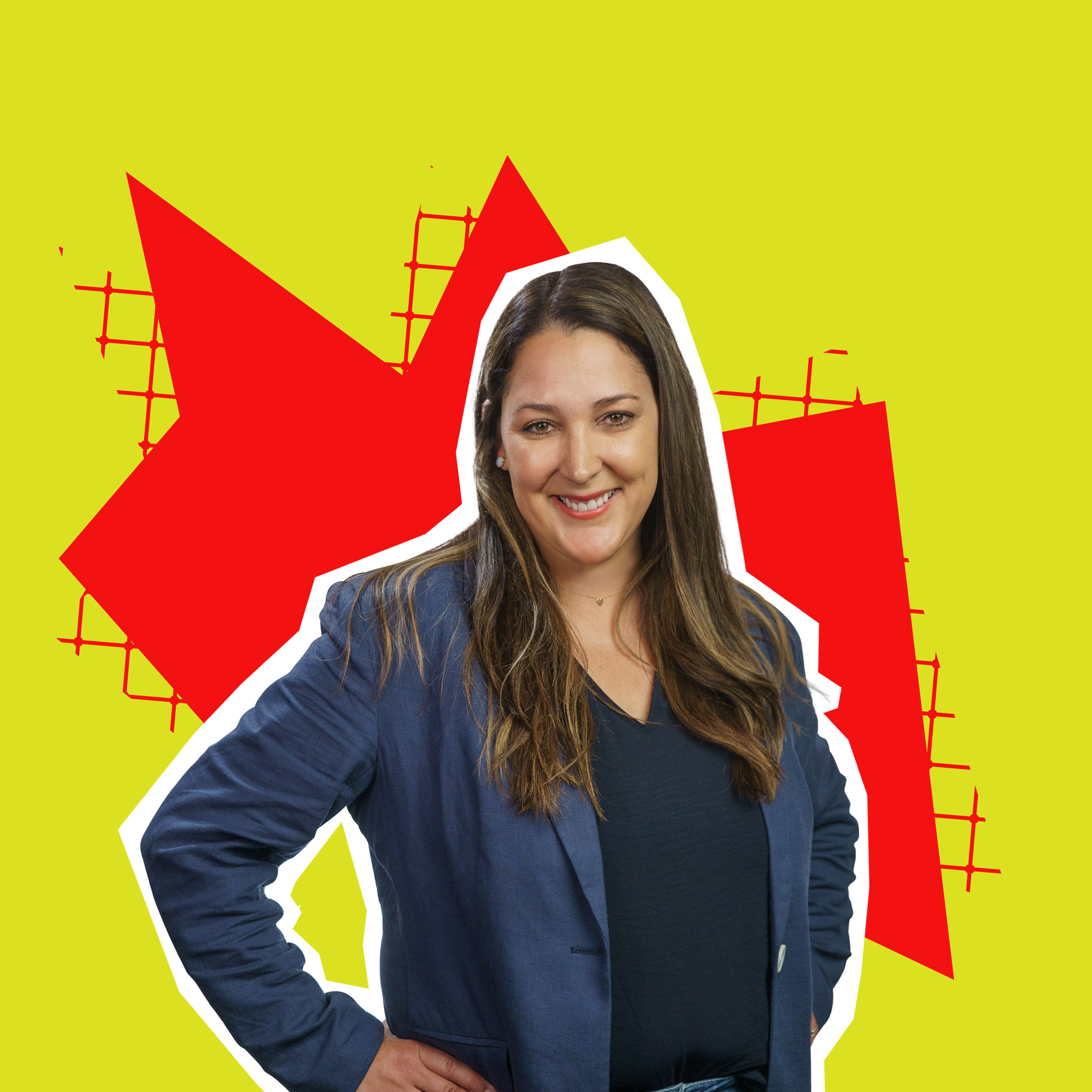
Take Control Back
Media training can seem like a daunting endeavor. It’s certainly not on the top of everyone’s list for fun. But when you change your perspective on it – it can give you an entirely new skill set you didn’t know you had.
Talking to the press – whether it’s by phone, with a camera pointed at you or over coffee at your favorite local cafe, is just another opportunity to sell you and your expertise. That’s not to say that practice and training should go by the wayside, but before you get there, consider this mindset first.
You are the expert, period.
Sure, it’s a big deal to get a chance to go on the news or get quoted in an article. But also know that you are the subject matter expert. The media outlet (and their audience) is looking to you to provide guidance. Embrace it and use that to gain confidence.
Don’t take any opportunity for granted.
Ask any reporter in the big leagues, they look for trends and stories that start locally. They read the local papers for topics they care about. They want homegrown experts that have built a following.
Go in with no more than 3 points you want to make.
You can’t relay your entire life’s work or expertise in one 20 minute (or less!) interview. Be memorable with no more than 3 salient points. Hit your messages and don’t be tempted to stray or cover too much. In print, you’ll be cut from the story. In broadcast, you’ll come across as too salesy and likely won’t be asked back.
Practice delivery but don’t memorize.
It’s a balance. You want to be sure to deliver your messages but don’t sound like a robot. Practice delivering it so it’s conversational. Be human and relatable. People will listen.
Use examples, statistics and storytelling to make the point.
Prove your point. Because the media just can’t take your word for it. Pull industry stats. Use specific examples. Put a face to it and tell a story.
Name drop.
Secure a big client? Asked to speak at a conference? Serve on a board? Use it to add to your credibility. It makes a difference.
Treat as the first conversation of many.
It’s not just an interview. It’s relationship building. Be sure to plant seeds for future touchpoints and interest in your industry. Give the journalist a reason to stay in touch.
Make the journalist’s life easier.
Help them recap what you’ve covered. Summarize the main points and tie it up in a pretty bow. They will be thankful and you’ll ensure you’re quoted accurately.
Always answer “do you have anything else to add?”
This is the #1 missed opportunity in any interview. Always take the opportunity to reiterate a point you’ve already made – or make one you haven’t been able to yet. They are giving you a freebie, take it.
Lean on the communications team.
Lastly, lean on your team to create some space between the press and you. Whether it’s your agency or your in-house staff, they can dig up information on the reporter and media outlet and also feed the news outlet information before the mic is hot. Because the last thing you want to do is go in unprepared – on both sides.
Want more in-depth insights on media training? Contact Media Training Experts
